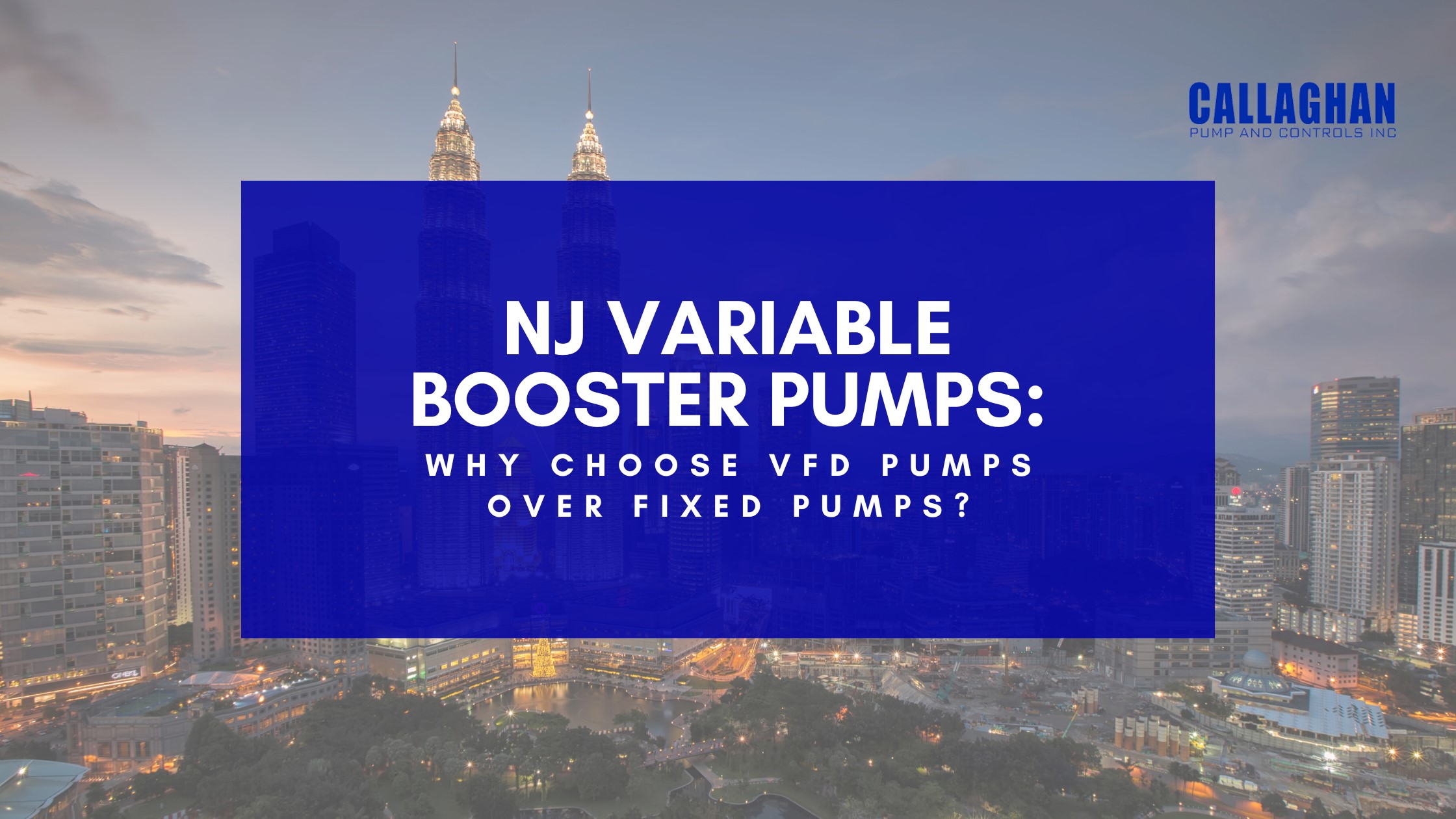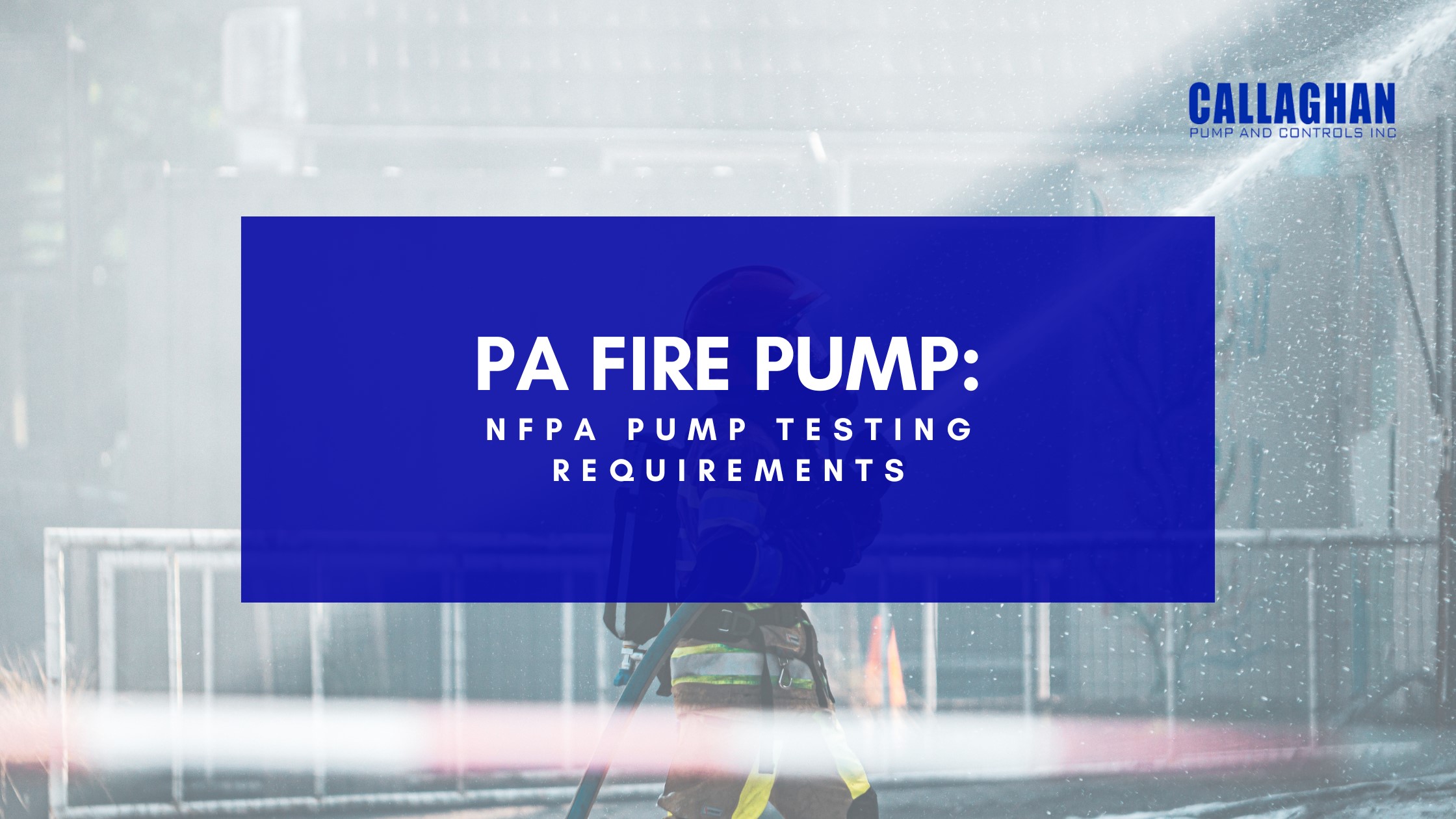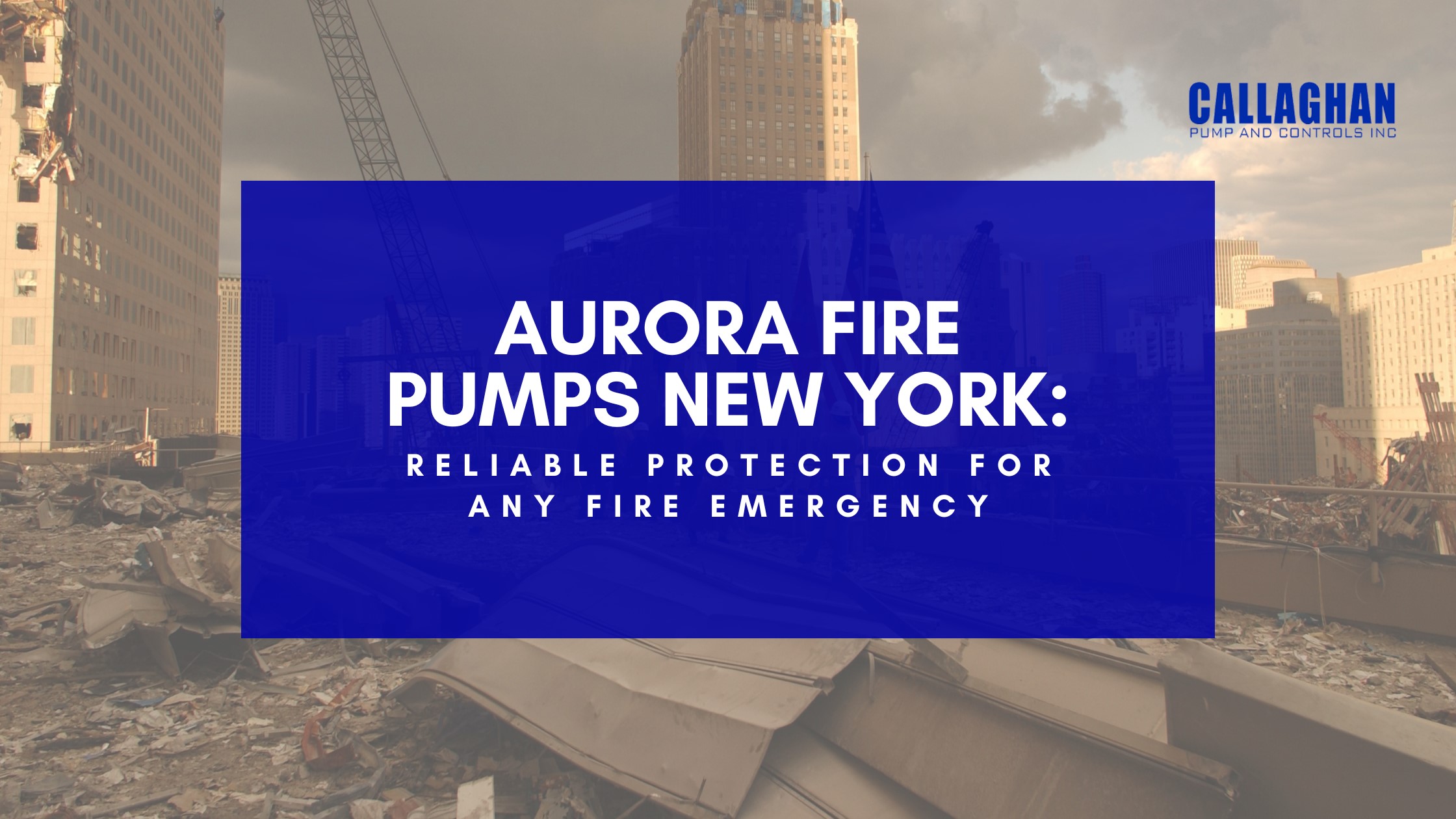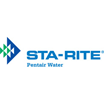In the world of pumps, New Jersey water booster pumps reign. They are common in places and buildings that struggle to maintain a healthy amount of water pressure and supply. These pumps come in two categories: fixed-speed and Variable Frequency Drive (VFD). While both serve the purpose of increasing water pressure, New Jersey variable booster pumps have become increasingly popular.
In this blog post, we’ll explore the advantages of VFD pumps over fixed speed pumps and why they are the preferred choice for your application.
Understanding New Jersey Booster Pumps
As the name suggests, fixed-speed pumps operate at a constant speed regardless of the water demand. Once turned on, these pumps provide a steady flow and pressure, which can lead to inefficiencies and increased wear and tear over time. While they are simpler and cheaper upfront, their operational limitations can outweigh the initial cost savings.
Variable Frequency Drive (VFD) Pumps, on the other hand, adjust their speed based on the current water demand. These pumps can modulate the motor speed using an electronic controller, providing only the necessary pressure and flow. This adaptability offers a range of benefits that fixed-speed pumps can’t match. The perks of installing New Jersey booster pumps include:
1. Energy Efficiency
Unlike fixed-speed pumps that constantly run at maximum capacity, VFD water booster pumps adjust their speed based on real-time water demand. They consume less energy compared to fixed speed pumps.
By adjusting their speed to match the demand, you can avoid wasteful energy consumption during periods of low water usage. This translates to lower electricity bills.
2. Longer Lifespan
The ability of New Jersey variable booster pumps to operate at variable speeds reduces the stress on the pump’s components. This leads to less wear and tear, extending the pump’s lifespan compared to fixed-speed pumps that constantly run at total capacity.
Also, the constant on/off cycle of fixed-speed pumps strains the motor. Meanwhile, VFD pumps operate smoothly, minimizing wear and tear and reducing maintenance costs.
3. Smoother Operation
VFD pumps offer a soft start and stop feature, eliminating sudden pressure surges in the plumbing system. These pressure surges are common with fixed-speed pumps and can damage pipes and equipment. New Jersey variable booster pumps eliminate this issue by gradually ramping up and down, protecting your plumbing infrastructure.
Also, these pumps ensure no noise pollution creates an unpleasant environment for customers and employees. They operate more quietly than fixed speed pumps. This is especially important in residential and commercial settings, where noise levels should be low.
4. Precise Pressure Control
With VFD pumps, you can maintain a constant water pressure regardless of the demand. This is particularly beneficial in multi-story buildings where consistent water pressure is crucial on all floors. VFD pumps provide precise pressure control, ensuring consistent water pressure throughout the building, regardless of the varying demand.
This is particularly beneficial in high-rise buildings or facilities with fluctuating water needs, as it enhances user comfort and protects plumbing systems from pressure surges.
5. Versatility
VFD booster pumps can be used in various applications, from residential homes and industrial facilities to large commercial buildings and irrigation systems. They are suitable for new installations and retrofits, making them versatile for any project.
New Jersey variable booster pumps offer greater flexibility and scalability. As the water demand changes, these pumps can adapt, making them suitable for buildings with varying occupancy rates or future expansion plans. This scalability ensures that your investment remains viable and effective as your needs evolve.
6. Environmental Benefits
The reduced energy consumption of VFD booster pumps contributes to lower greenhouse gas emissions, making them an environmentally friendly option. Also, they comply with local and national regulatory standards. New Jersey water booster pumps often meet or exceed energy efficiency standards and regulations that can be crucial for compliance, providing eligibility for incentives or rebates.
When choosing a water booster pump in New Jersey, VFD pumps offer numerous advantages over fixed speed pumps. Their energy efficiency, longer lifespan, smooth operation, precise pressure control, quieter performance, and versatility make them the preferred choice for many applications. Investing in a VFD pump allows you to enjoy reliable water pressure while saving energy and money in the long run.
Are you considering upgrading your water booster pump or installing a new one? Consult with a professional pump expert today!
















